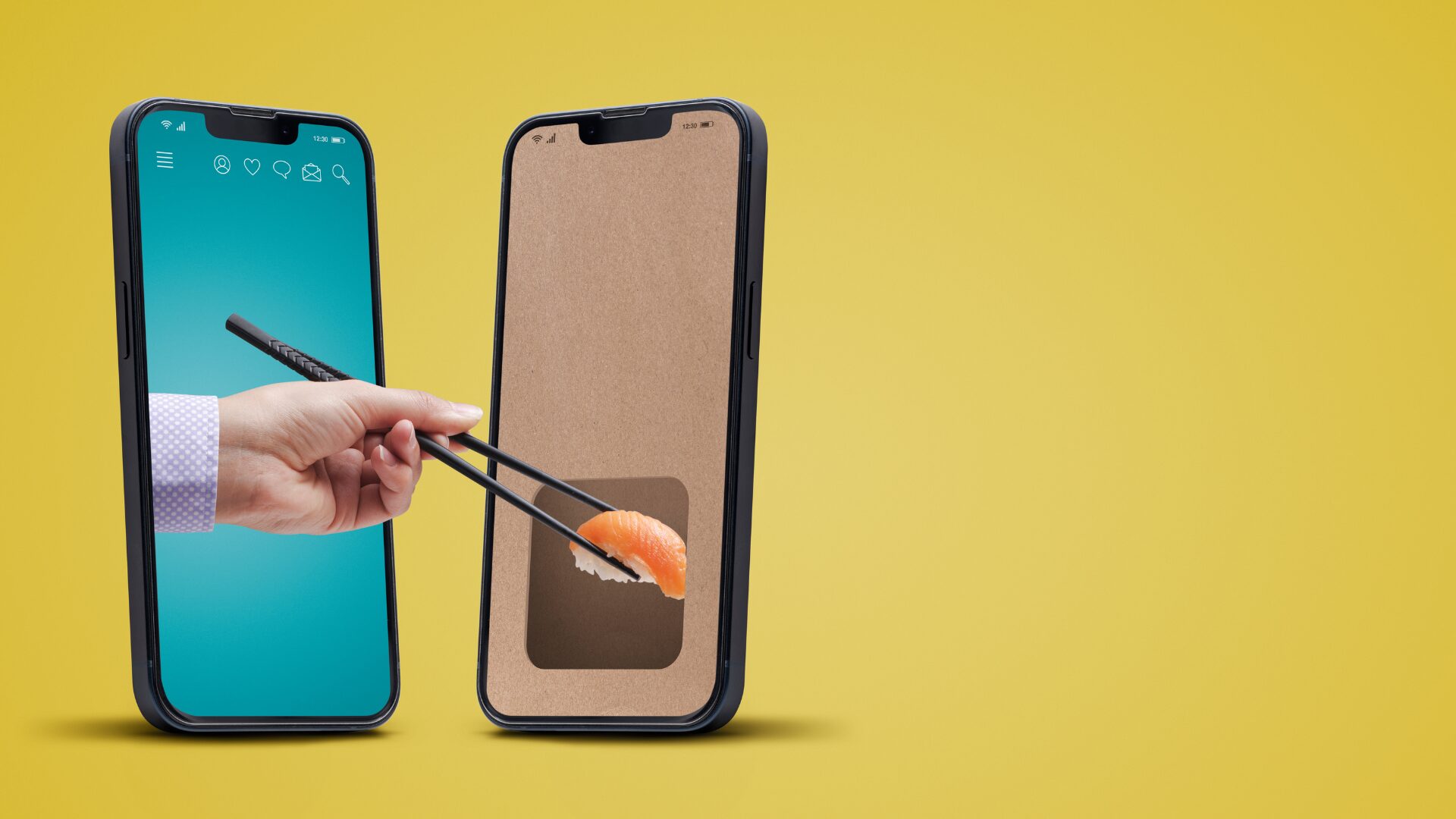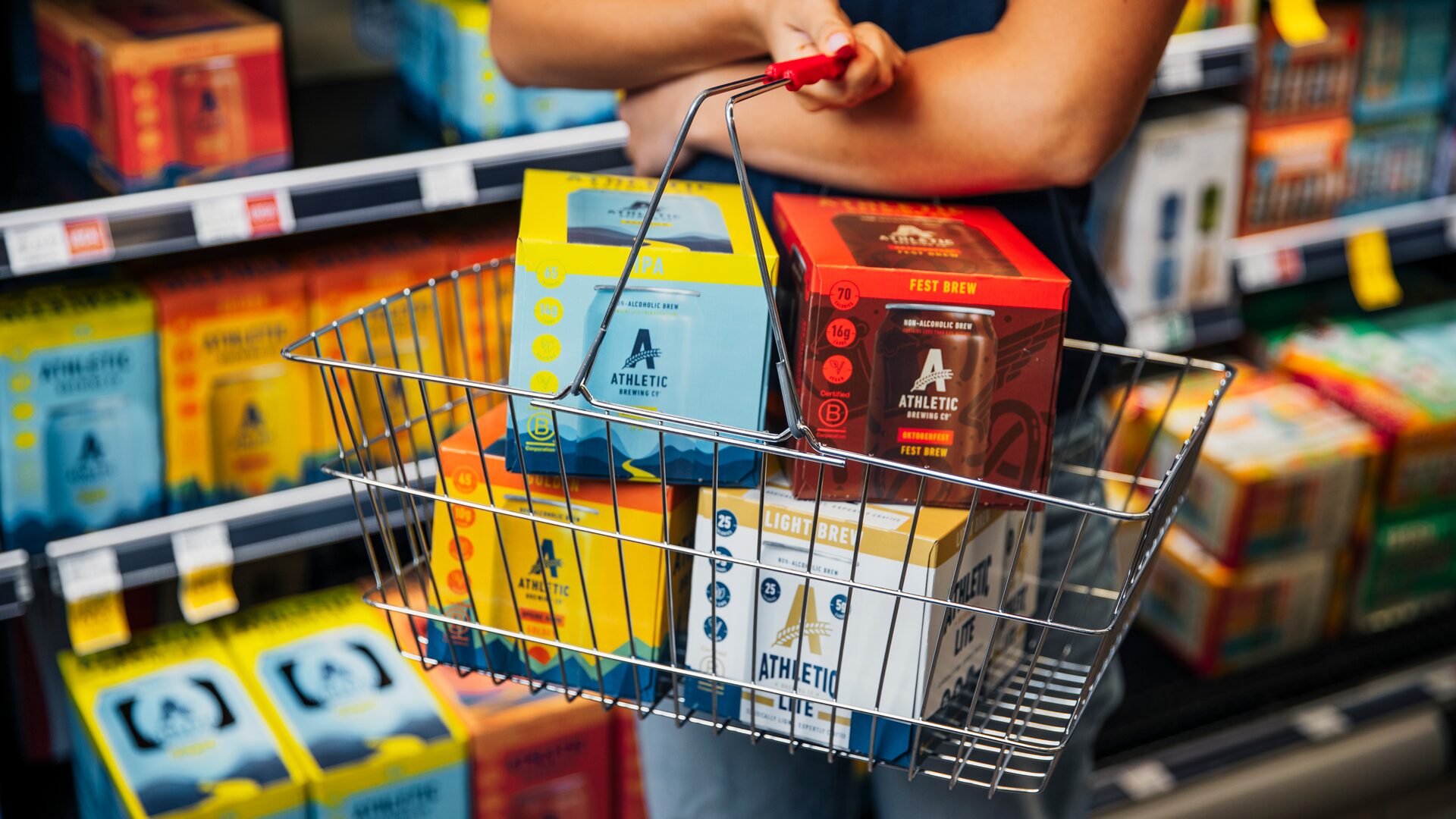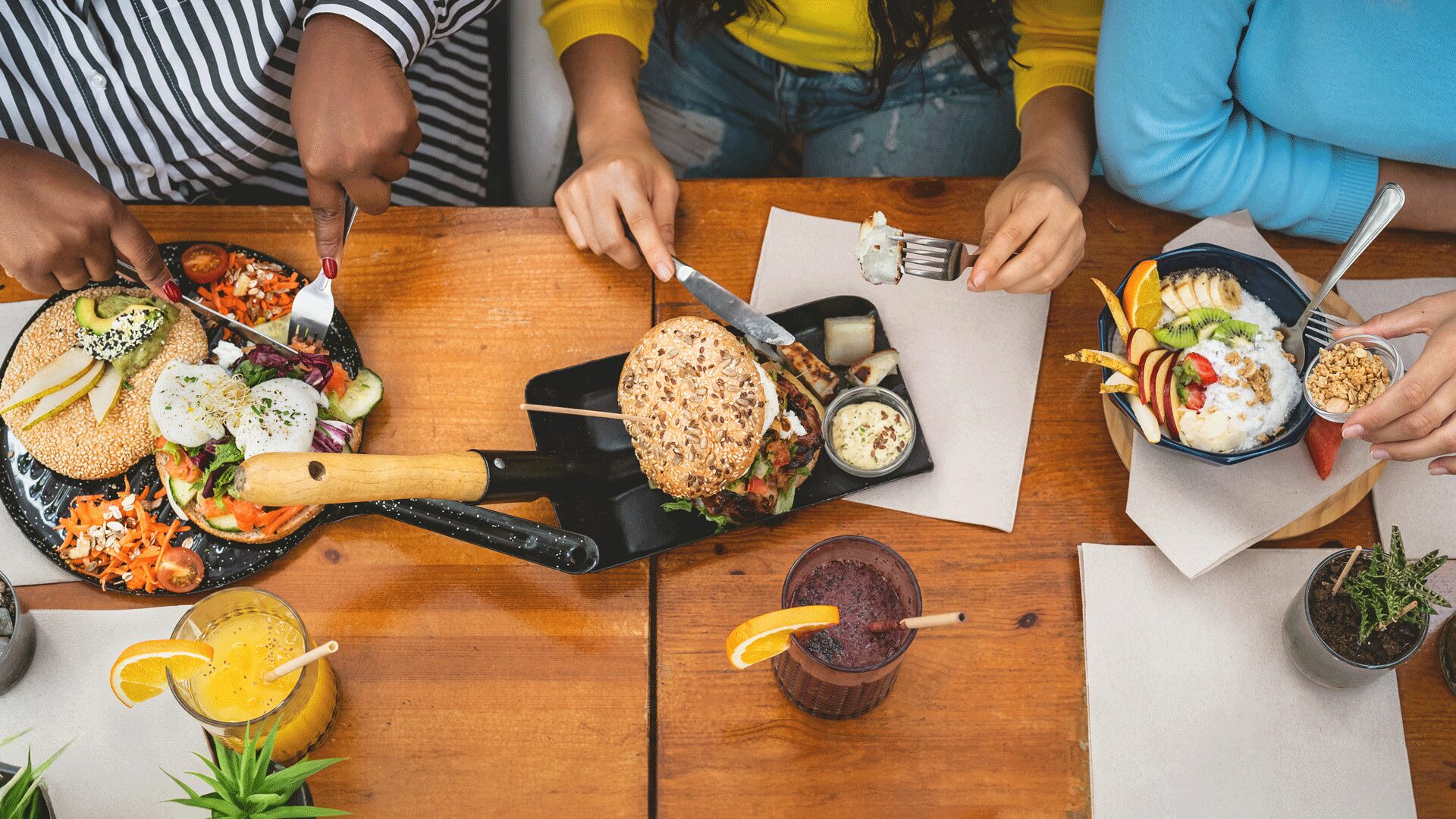One in three people has a food sensitivity, and one in 13 children have a life-threatening food allergy.
Those statistics don’t sit well with Mark Olivieri, the CEO of OWYN, a vegan protein shake brand.
“The food and beverage industry needs to evolve to adopt a higher level of transparency,” Olivieri told The Food Institute on Monday. “Most consumers don’t realize that just because an ingredient isn’t listed in the ingredient statement doesn’t mean that the ingredient doesn’t make its way into the finished product in trace amounts.”
The CEO said OWYN is currently the only CPG brand that third-party tests every ingredient before they make it to the finished product before testing the final product again.
“The only way to validate that allergen trace contaminants aren’t present is by testing the finished product lots – this is what we do at OWYN,” Olivieri noted.
Many food and beverage products are produced on shared manufacturing lines; early in the day a manufacturer could produce seafood bisque, for instance, and later in the day it could produce oat milk. If the production lines aren’t properly sanitized and tested, it’s difficult to say that trace shellfish, dairy, and gluten allergens won’t make their way into a product like oat milk.
And that scenario is becoming a significant issue for the roughly 33% of U.S. households actively managing a food sensitivity or severe food allergy.
OWYN said it is the first brand to be recognized by FARE (Food Allergy Research & Education) and work with allergen industry leaders to establish high standards to minimize cross-contact with the top eight allergens (peanuts, tree nuts, soy, milk, shellfish, fish, eggs, and wheat).
Meanwhile, Charlie’s Table, Inc. has created a restaurant safety program that provides extensive management, front-of-house, back-of-house, and purchasing recommendations to assist businesses to safely serve gluten-free customers. The recommendations include suggestions such as: know which items on the menu can be modified to be made gluten-free, and treat everyone who wants to eat gluten-free as if they have a medical condition like Celiac disease to be on the safe side.
“Above anything else, restaurants must always abide by a safety-first operating model,” Bennett Hirsch, president of Charlie’s Table, told The Food Institute. “It is essential for restaurant staff to always keep in mind that even a tiny particle of gluten can do harm.”
Olivieri said third-party testing and brand transparency is vital within the food and beverage industry.
“There’s a food allergy epidemic in America,” Olivieri said, “evidenced by the 110 million Americans that are directly or indirectly impacted by either a severe food allergy or food sensitivity in their household.”












